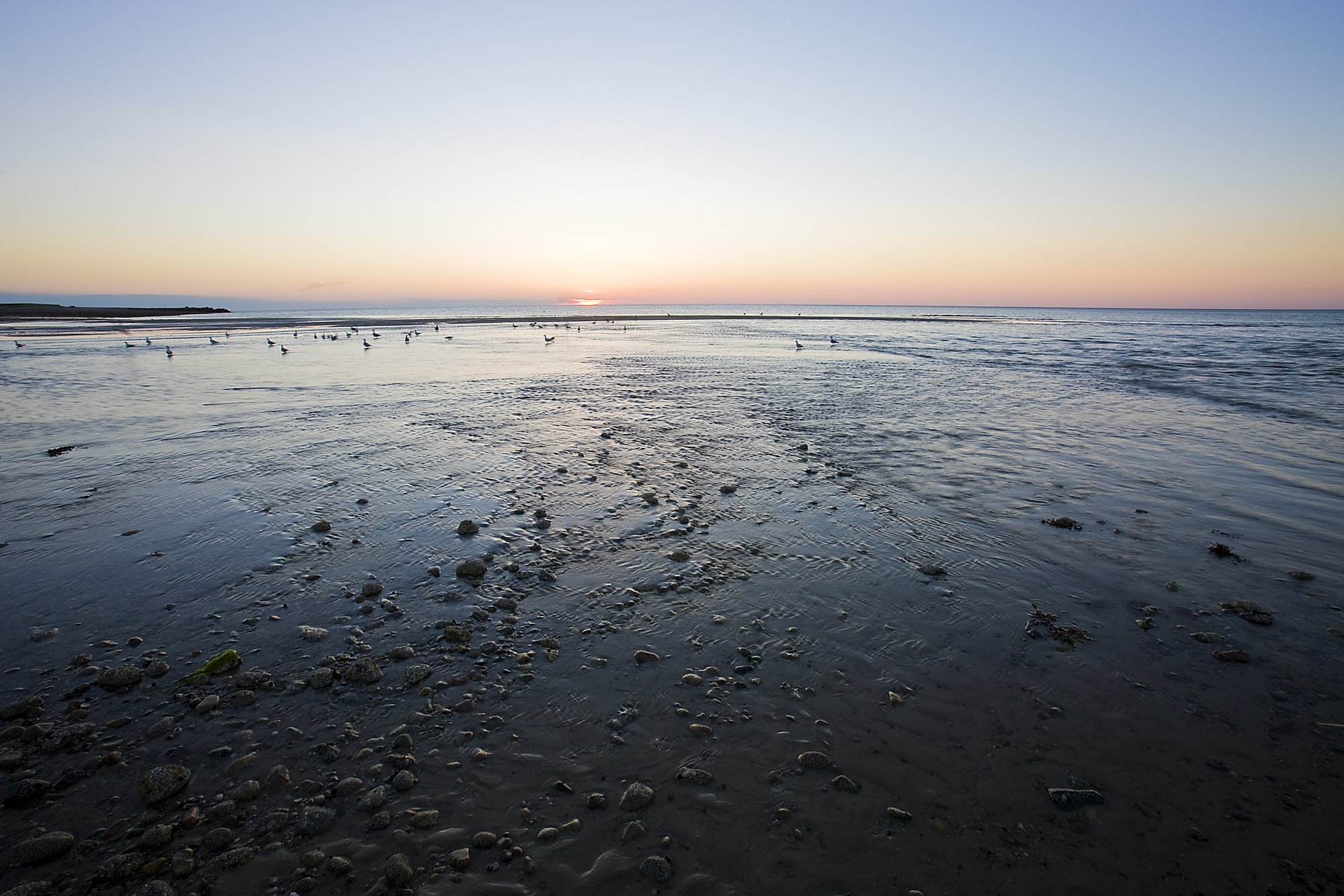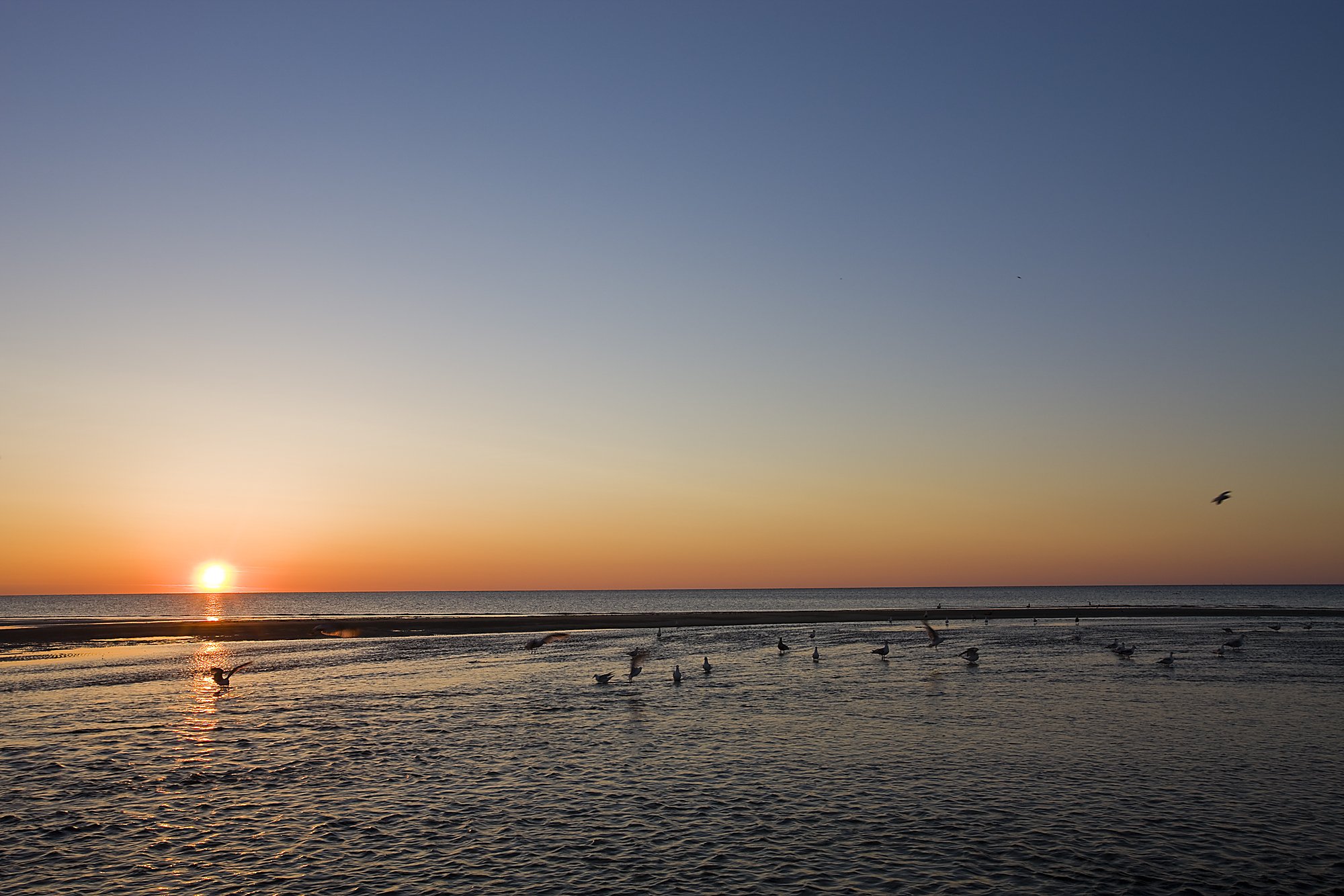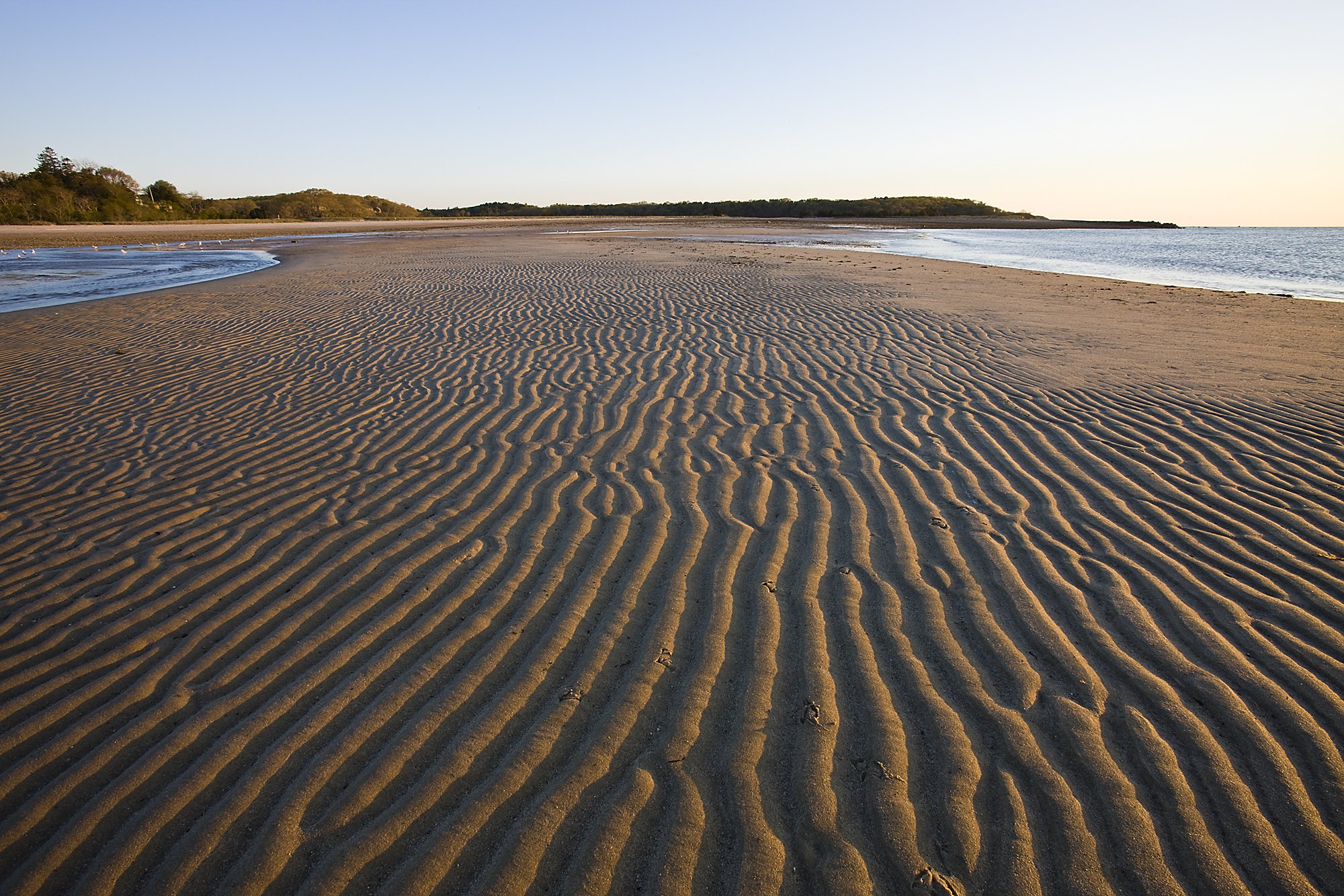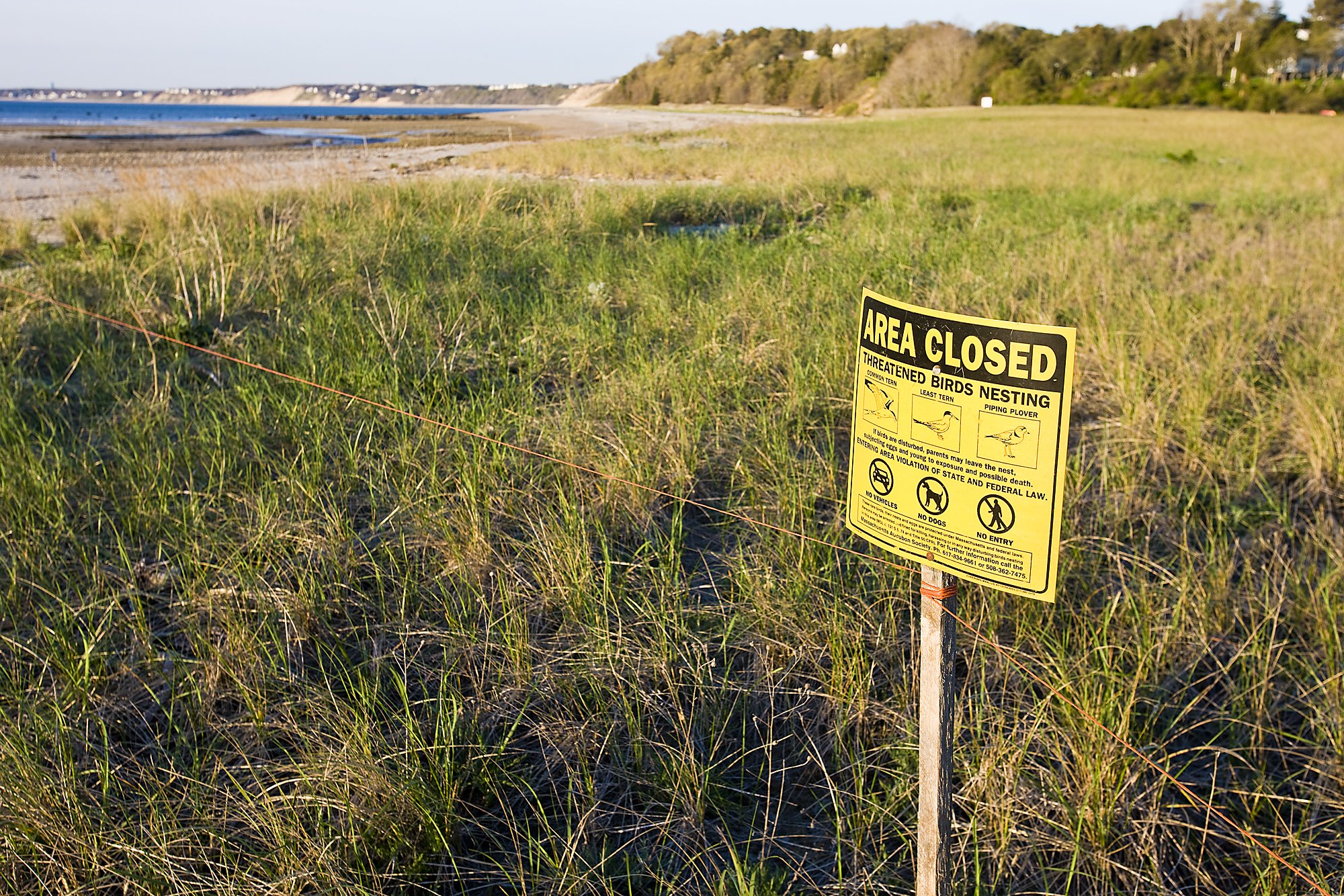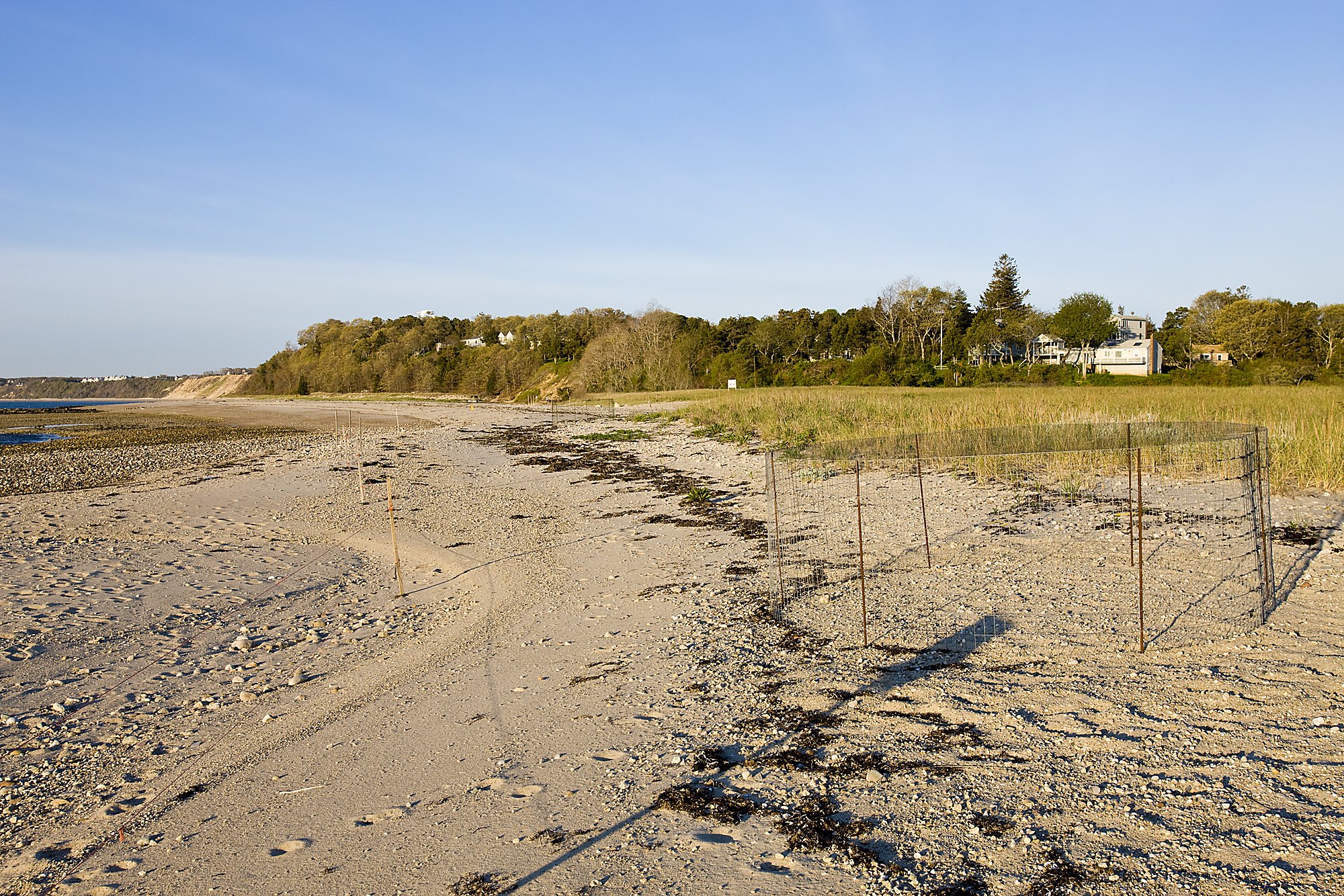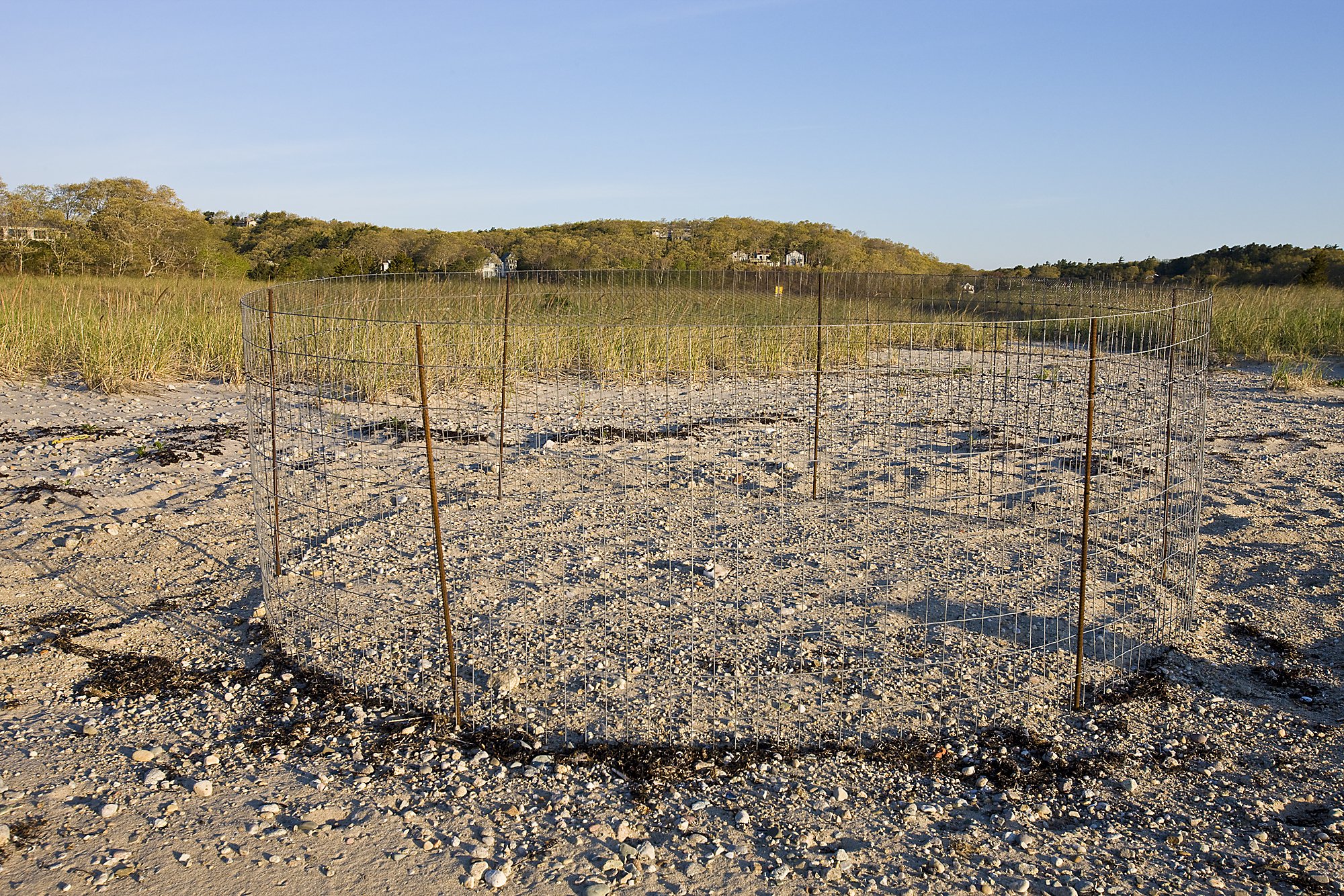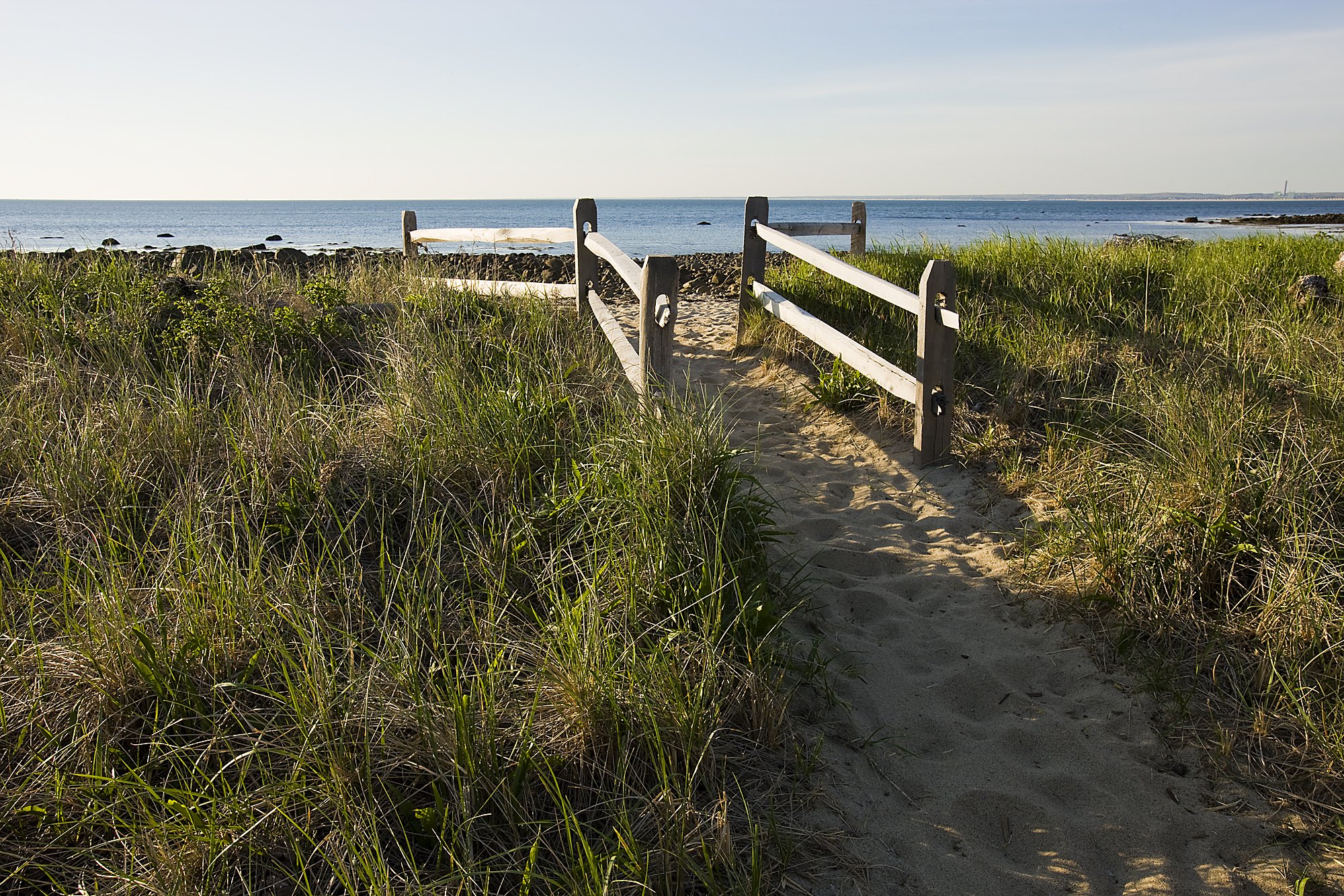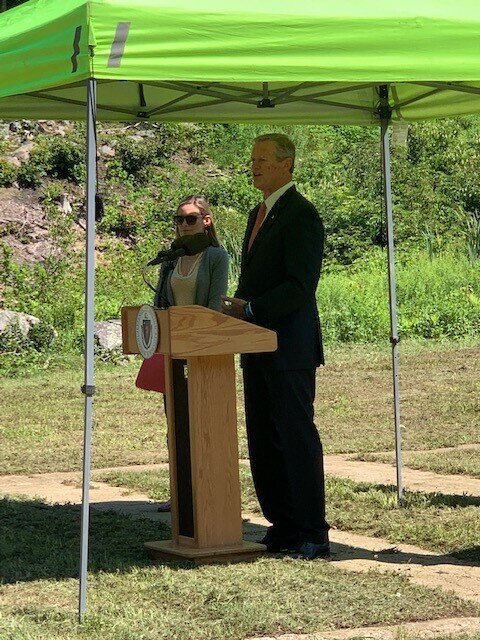By Amy Markarian, Senior Copywriter
Read Time: 5 min
On January 23, just before a winter storm buried Hoyt-Hall Preserve under nearly two feet of snow, ground was broken for the installation of a new Little Free Library at the Careswell Street trailhead. The project was the brainchild of Steve Wood, who grew up spending time with family on the property once owned by his grandfather, Stephen Hall. To understand the significance of this meaningful gift, we traced back over 100 years to the Hall family’s early presence in the Marshfield community. Several family members shared their memories, creating a beautiful mosaic of memory, place, and kin.
In 1884, Walton Hall purchased the renowned Daniel Webster Estate (then called the Daniel Webster Farm) from Webster’s family. As its owner, Walton became a gentleman farmer, developing approximately 1000 acres of bogs and orchards along Webster Street and extending down to Green Harbor. According to his great-granddaughter, Michele Armour, when Walton died in 1928, his sons Lincoln and Lewis managed the farm and bogs. Later, Lincoln Hall bought the nearby property that is now known as Hoyt-Hall Preserve, where he lived and developed cranberry bogs that were utilized until the late 1960s. While the bogs that were once located on the Webster Street side of the property have since reverted to a natural state and the pond is no longer used for irrigation, evidence of the land’s agricultural history can be seen in the remnants of an old windmill on the property.
Michele remembers early childhood visits to this home – her grandfather piling the kids in the back of his truck and bumping down the unpaved road to the bog so they could help with the dry harvest of cranberries. After her grandfather’s death in 1969, Lincoln Hall’s son Stephen moved from Lexington to the Marshfield home, where he lived for many years with his wife Bella and daughter Michele. The couple’s older daughter Jackie was living on her own by then, but visited often with her young family–including sons Steve and Marc.
Stephen Hall had met his wife Bella in Paris, France, while serving in World War II. When the war ended and Bella emigrated to the United States with him, Stephen understood the challenges she may face and promised that her family would always be welcome to visit. Throughout their life together, Bella’s family members came to stay with them in Marshfield every year, often for extended visits, and once with as many as 14 people. Jackie and Michele got to know their distant relatives through these annual visits, and have profound recollections of time spent in the company of family on the spacious estate. Jackie’s sons, too, developed a close bond with their grandparents and other relatives there, spending holidays and vacations at the family home. With plenty of room for all, it offered a place for gathering and building connections with nature.
Both of Stephen Hall’s daughters have fond memories of their family’s outdoor adventures on the property – exploring the cranberry bog, the woods, and the pond that they used for fishing and boating. They remember, too, their father’s appreciation for the osprey that nested on the property. Stephen was a nature lover who spent a lot of time outdoors, clearing trails and observing wildlife. At the same time, according to Jackie, her father was also “enamored with, and knew just about everything there was to know about, Daniel Webster.” Having lived in the historic Daniel Webster House as a child, Stephen developed an interest that led him to become an avid Daniel Webster and Marshfield historian.
In his later years, Stephen Hall knew that the Careswell Street property meant too much to his family to risk being lost to development. When the family sold the land to Wildlands in 2000, he was comforted by the knowledge that it would be protected and beautified, with trails added for visitors to explore. According to Jackie, it meant a lot to her father to think that the land would be preserved and enjoyed by many. Michele considers it her father’s legacy to have the land protected in perpetuity, adding that the family couldn’t have asked for more than what it has become under Wildlands’ care today.
It is this sentiment that led Stephen Hall’s grandson, Steve Wood, to plan the donation of the Little Free Library at Hoyt-Hall Preserve this winter. He wanted to give back to Wildlands Trust for caring for the land his family loves, and the library is a gift that is both beneficial to visitors and meaningful for his family. Filled with intentionally selected books contributed by family members – about Marshfield, Daniel Webster, and wildlife – it honors his grandfather’s love of books and local history. Steve hopes the new little library will also foster a sense of community among preserve visitors through book sharing.
Little Free Library is a non-profit organization that supports the creation of small, weatherproof kiosks for donating and borrowing books. Steve Wood first saw a Little Free Library at a cafe near his home in Dorchester. After learning more about the initiative to promote reading, he installed well-utilized Little Free Libraries at both his home and the hospital where he works. This winter, Steve contacted Wildlands with his idea to install another one at Hoyt-Hall. Wildlands currently has Little Free Libraries on two other preserves - Willow Brook Farm, in Pembroke, and Brockton Audubon Preserve, in Brockton - and stewardship manager Owen Grey knew this addition would reach many people who come from all over the South Shore to hike at Hoyt-Hall Preserve.
We are thrilled that visitors will benefit from this meaningful gift, and we are equally grateful to have the opportunity to build lasting relationships with families through the preservation of land. Land conservation truly is about so much more than the number of acres on a map. Wildlands Trust serves individuals, families, and communities in order to help landowners fulfill the wishes they have for the natural spaces they care about. This process lays the foundation for relationships that last through generations. We are grateful to Steve Wood and the family of Stephen Hall for being a part of the Wildlands community!












